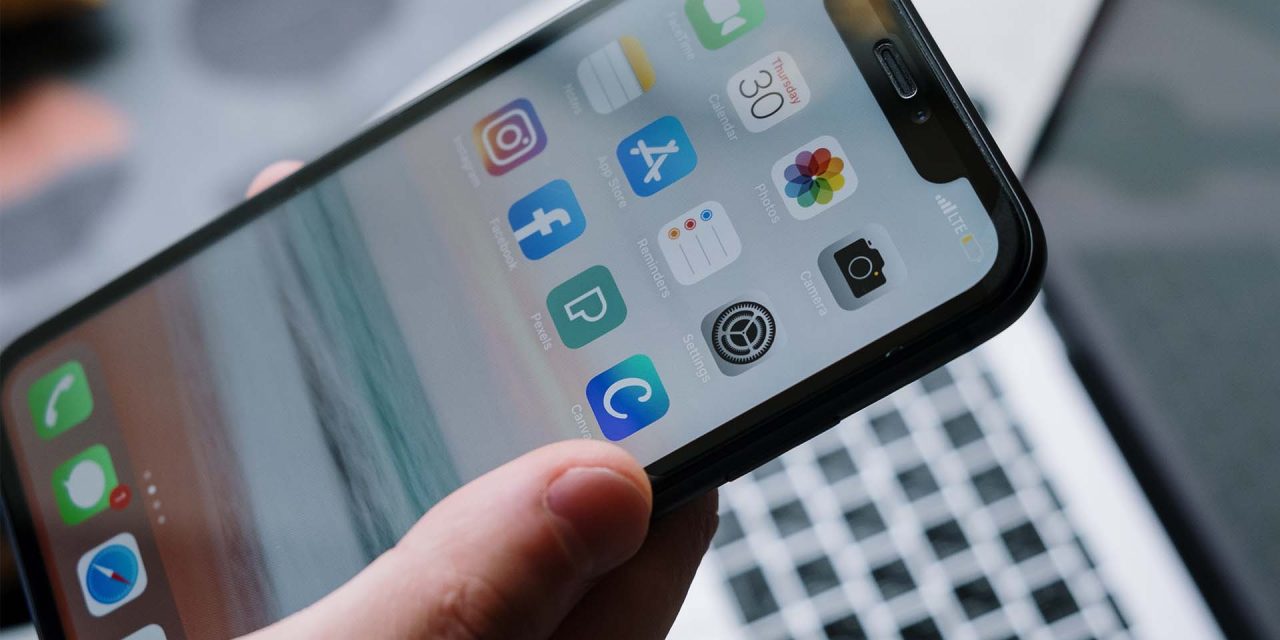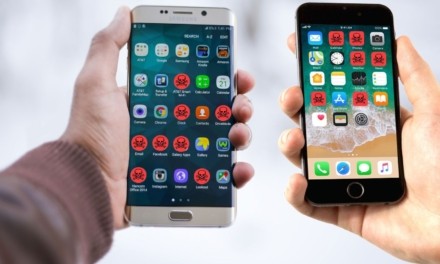Despite the manufacturer’s best efforts, countless cases of App Store violations show you cannot take app-eavesdropping for granted.
Users of Apple iPhones may already know that, The company has explicitly stated that:
“The customer is not our product and our business model does not depend on collecting vast amounts of personally identifiable information…,” in response to a 2018 US congressional inquiry, the firm had stated: “The customer is not our product and our business model does not depend on collecting vast amounts of personally identifiable information…”.
So, with the Siri assistant as the conduit, the firm has been able to perform “passive listening” (unless the feature is disabled) — supposedly so that the phone can detect voice commands.
While highly unlikely due to Apple’s best efforts at enforcing its own rules and compliance processes, iPhone apps could also be “listening”.
Check Point researchers have taunted people with this assertion: “It is probably not a coincidence if you’ve had a conversation about buying a new car, and shortly thereafter, corresponding advertisements appear.”
Should you be concerned?
On iPhones, third-party apps are required to obtain explicit user consent when collecting microphone data. At the outset, Apple reviews apps in a best-effort to ensure compliance. That said, the process does not guarantee that app developers cannot misbehave at a later point in time.
In other words, accidents and trojan spying activities could theoretically occur, although the probabilities are slim and they would be clear violations of Apple’s rules.
If you are concerned about iPhone listening, note that the newer generations of iPhones have an indicator at the top of the screen that shows when the mic and camera are on. The light becomes orange when the mic is on; green when the camera is on. This recently added privacy feature assists users in detecting when an app is accessing their device’s systems.
In exceptional circumstances, spyware could be deployed on a iPhone somehow, resulting in unauthorized listening. Typically, this only pertains to higher-profile individuals, uniquely targeted individuals, and/or to jailbroken phones.
iPhone listening privacy tips (2024)
If you are concerned about iPhone privacy, consider the tips below:
-
Shut off the mic for Siri and for individual applications. Go to Settings > Siri & Search. Then toggle off the following:
- Listen for ‘Hey Siri’
- Press side button for Siri
- Allow Siri when locked
To review permissions and turn off the mic for individual applications, navigate to Settings and then click on individual apps. If you do not want the mic for that app to remain on, simply toggle the switch.
-
Consider using a virtual private network service (VPN) that will make your device less vulnerable to threats by providing an encrypted, private connection. Do your research and find a reputable VPN provider. Avoid VPN providers that do not clearly state they will not sell your contact information to advertisers. Carefully read through a VPN provider’s privacy policy ahead of agreeing to use their service.
-
Opt for a comprehensive solution that incorporates enterprise-grade technology to protect individuals’ phones and tablets from all kinds of cyber threats.

















